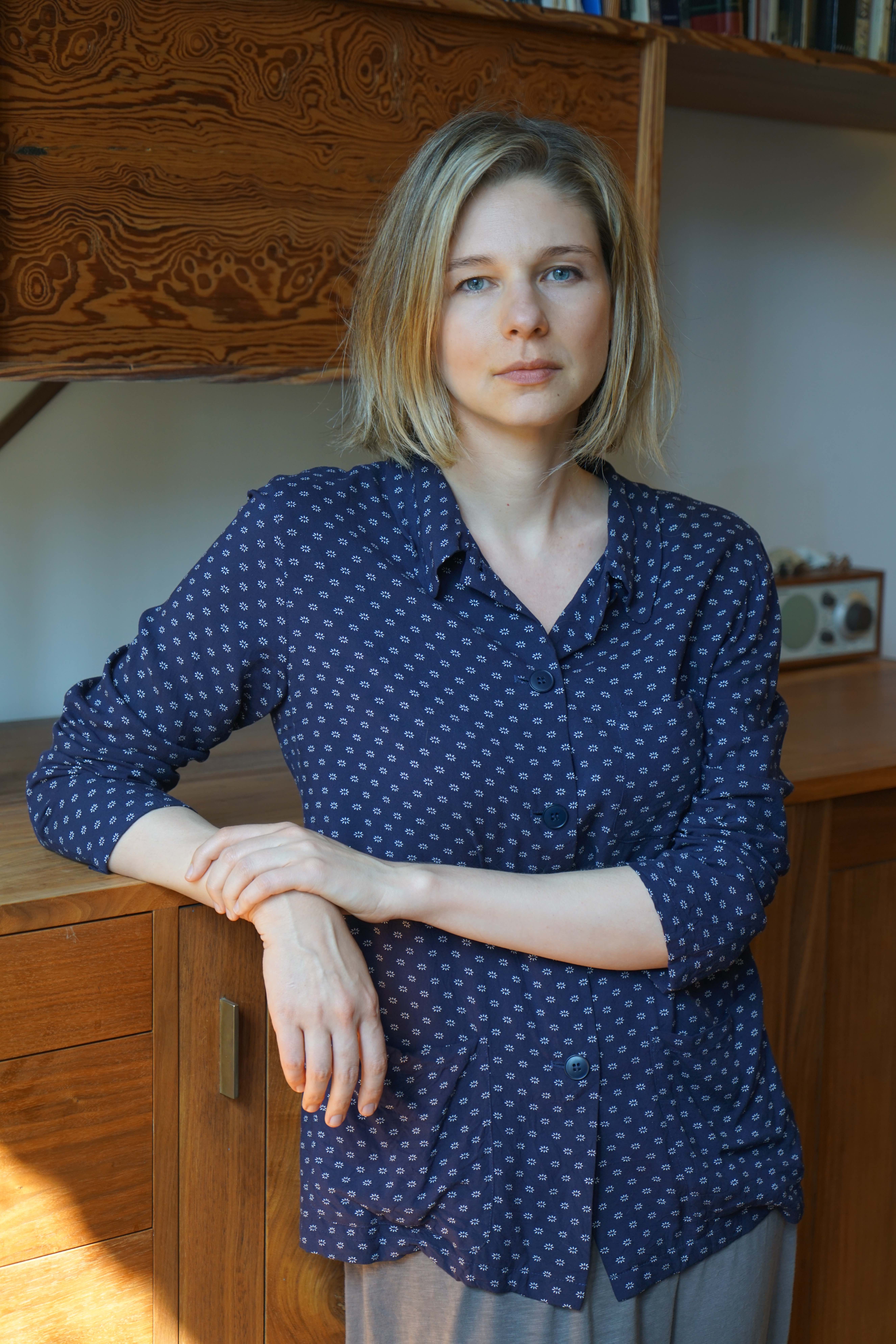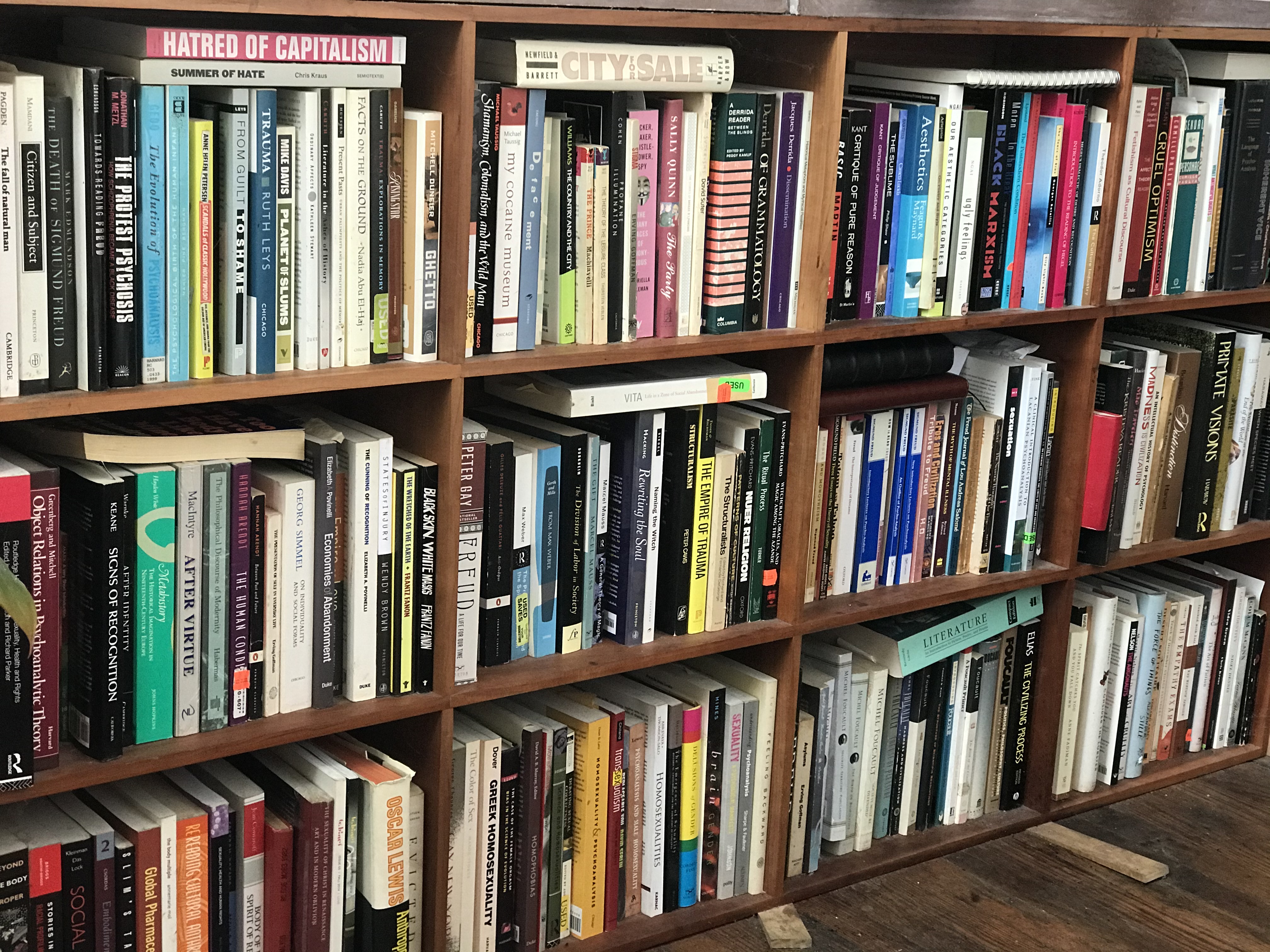Interview with Clare Casey, PhD candidate in Anthropology, Columbia University and Teaching Fellow
 The current pandemic and #CovidCampus context that we now face happened quickly and is without precedent in terms of schools and universities needing to continue almost every aspect of their work online. Please describe how you have navigated transitioning your course, your pedagogical approach and your classroom/student community online. Please address both challenges and what has been working well for you and your students.
The current pandemic and #CovidCampus context that we now face happened quickly and is without precedent in terms of schools and universities needing to continue almost every aspect of their work online. Please describe how you have navigated transitioning your course, your pedagogical approach and your classroom/student community online. Please address both challenges and what has been working well for you and your students.
The Interpretation of Culture is a sort of genealogy of anthropology. It traces the emergence of the discipline and how the conditions of that emergence have shaped the sorts of claims anthropology has been able to make. For example, Aristotle and Aristotelian commentators in the 16th century shaped the way Europeans justified colonial enterprises and slavery-- frameworks that are still active in early anthropological texts and ways of thinking that continue to appear.
In tracing the conceptual and historical antecedents of the discipline, we try to understand the way these framings continue to shape the way that we, as scholars and students, continue to understand the world. Equally important is Professor West’s focus on conceptual frameworks that have been sidelined or erased from the discipline of anthropology. What do Papua New Guineans say back to the way they’ve been read by anthropologists and the assumptions about what their practices ‘mean’? How have the contributions of ethnographers of color been marginalized in our discipline and what does that marginalization say about the discipline of anthropology’s nervous boundaries? What sorts of claims are always in danger of being erased?
Here's how it works pedagogically: Students start to see the ways that their own frameworks are challenged so that their ‘commonsense’ assumptions are put into a kind of relief. The moment when that shift clicks into place is usually the moment when students start to think conceptually and read not just for the ‘facts’ but for the types of histories and conceptual commitments that enable certain claims.
Could you share a couple of examples either of 1. Particularly interesting research that your students are working on and have been working on successfully since the move online and/or 2. Some insights/’pleasant surprises’ about your course, your approach to teaching, your students and classroom dynamic that have emerged and are emerging.
Letting go of the pressure of grades can be a way to rediscover the pleasure of following one’s own intellectual intuition. Same goes for the pressure of performing in a seminar. Now is a good time to get back to basics: Why does this snippet of writing spark something in me? What else can I read that’s similar? Lessening the pressure can be how we find our true intellectual curiosity and motivation.
For me, this time has been valuable for getting back to my own reading life and the pleasure of knowing that behind one book is a network of others that influenced it. Once we learn to understand the ways theory has traveled and shaped the world and thinkers across the globe who have their own political and intellectual projects, there are new pleasures to be had in reading life. These ideas belong to everyone.
Please describe what pedagogical innovations you are working on or plan to create as part of instructional continuity with your students.
Books are teachers and teachers guide us through networks of books with intelligent syllabi and personalized reading recommendations that relate to our own intellectual projects, instincts, or flashes of excitement. In that way my teaching practice hasn’t changed. I read student work and try to follow their interests as I recommend writers and thinkers who might help them develop their own insights and provide intellectual companionship—a rare and durable kind of intimacy. Now we do this through online office hours and sometimes over the old-fashioned telephone. Several of my student are visiting from China and have returned so we will accommodate the time difference by ‘meeting’ one-on-one. Some of these students are in literal isolation for 14 days in hotels so nothing is business as usual.
Please describe what pedagogical innovations you are working on or plan to create as part of instructional continuity with your students. Feel free to point to helpful resources you have created (alone or with other TAs or with Paige) and any other resources that you have found particularly positive and helpful to you and your students.
Our students have developed and planned small fieldwork projects in public spaces based on our class readings and discussions. While they aren’t able to execute those projects, Professor West has put into place an innovative system of guest lectures while continuing the content of the course itself which prepares them for further work in the discipline and an understanding of research methods. Students have access to the main content of the course as well as these additional guest lectures. They continue to have access to opportunities for one-on-one guidance from their graduate instructors and professor about their written work and interest, if applicable, in applying to graduate school and internships.
Please feel free to add anything else that you would like to mention about your course, your students, your ideas going forward for the rest of the semester.
As a Barnard alumna and an alumna of Barnard’s anthropology department, it was this type of mentorship, close reading of my work and guided reading, that allowed me to develop a dissertation project of my own that brought me to fieldwork in public health inside two large hospital systems. I see that sort of mentorship developing in the department still. I chose to do my PhD at Columbia in order to continue to work with my Barnard senior thesis advisor, Nadia Abu el-Haj, who is now my PhD committee chair. It’s been fun to have Barnard students ask, did you really go to Barnard? And to see them start thinking about their own futures in graduate school and as anthropologists.

Clare's bookshelf: in her interview, she discusses the concept of networks of books and how we can use this time to rediscover our intellectual intuition and motivation